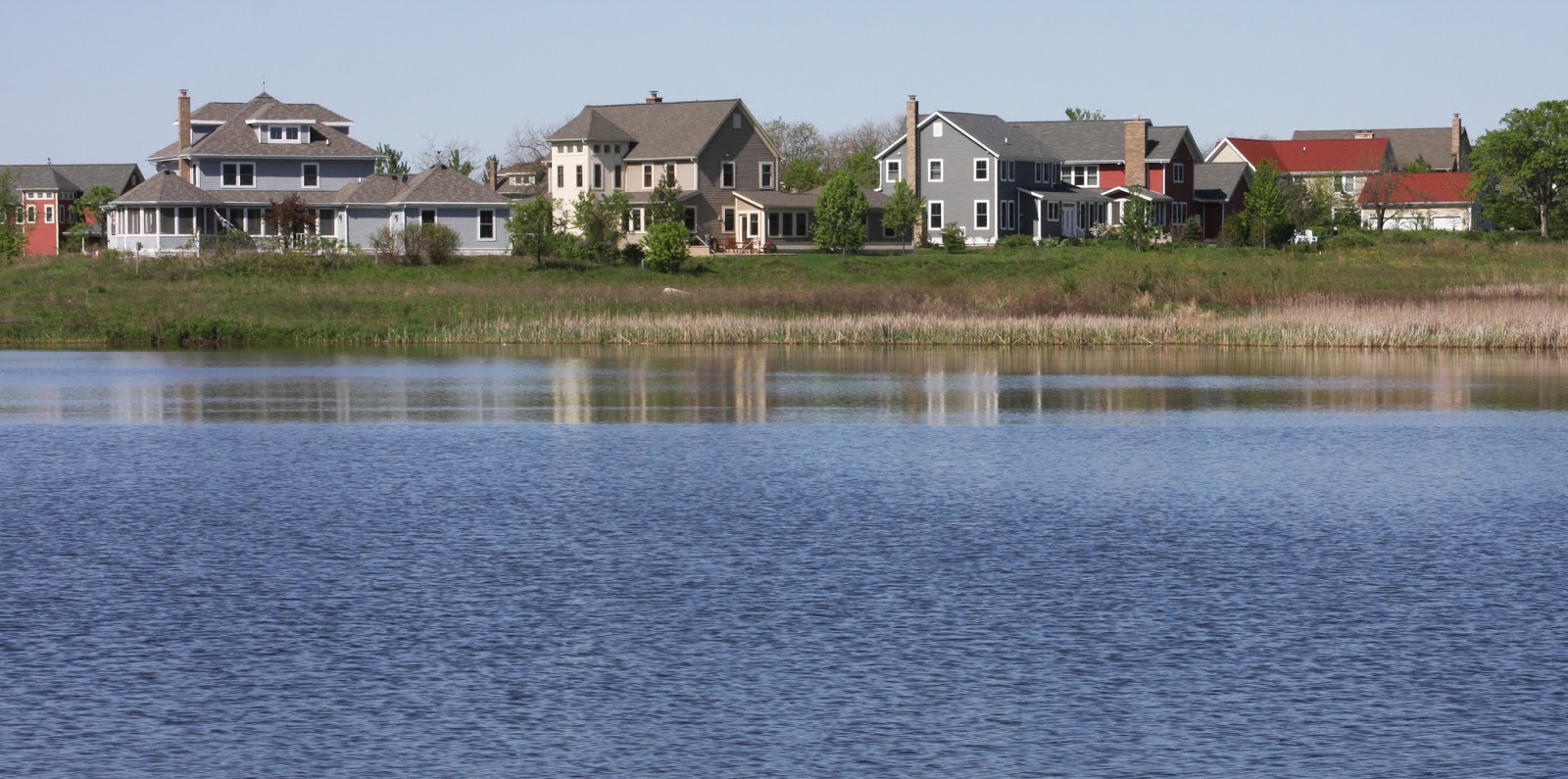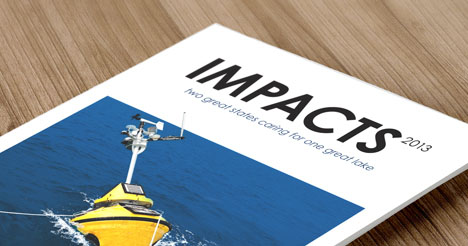 Lawn care decisions play a large role in local water quality and the health of aquatic wildlife. The fertilizers, pesticides, and other chemicals we put on our lawns can be washed into nearby lakes and rivers in stormwater runoff. Once there, these pollutants spur algae growth, clog gills, decrease resistance to disease, and suffocate eggs and newly hatched larvae.
Lawn care decisions play a large role in local water quality and the health of aquatic wildlife. The fertilizers, pesticides, and other chemicals we put on our lawns can be washed into nearby lakes and rivers in stormwater runoff. Once there, these pollutants spur algae growth, clog gills, decrease resistance to disease, and suffocate eggs and newly hatched larvae.
The IISG-led Lawn to Lake program continues to educate homeowners, landscapers, and master gardeners on natural lawn care practices that can improve soil health and protect water quality. The program works with community partners across the region to conduct training workshops and provide ‘how to’ resources for a range of audiences.
Lawn to Lake outreach has led to management changes on an estimated 22,415 lawn acres. These changes are expected to reduce the use of lawn care chemicals, including weed and feed, by more than 3 million pounds a year, protecting nearby aquatic ecosystems from chemical-laden runoff while fostering healthy lawns.
 To learn more about how IISG is empowering communities and individuals to secure a healthy environment, check out our 2013 program impacts.
To learn more about how IISG is empowering communities and individuals to secure a healthy environment, check out our 2013 program impacts.

